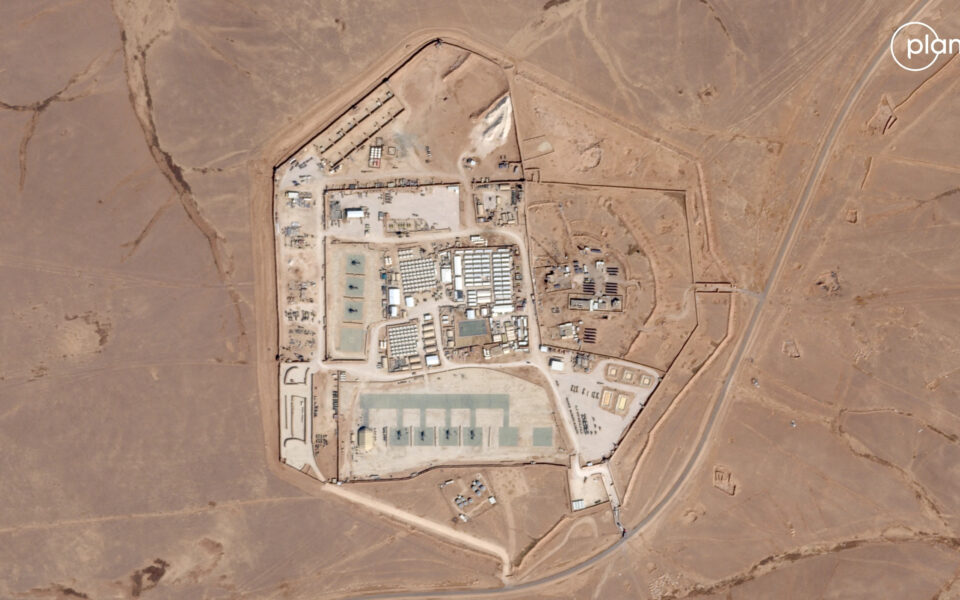Domestic calculations favor conflict

US and Iranian efforts to prevent a direct confrontation have been complicated by the attack of a pro-Iranian group which killed three American soldiers and injured many more in Jordan on Sunday. President Joe Biden declared that the US response will be fitting, while Tehran quickly declared that it had nothing to do with the attack. The “Islamic Resistance,” which claimed responsibility for the first deaths of Americans since the war in Gaza began, is supported by Iran and is an umbrella for various groups.
This allows them to claim responsibility for the acts that they wish to own, and to deny it whenever it suits them, as Iran is now doing. A direct clash between America and Iran could lead to a general conflagration, so both countries declare that they do not want war. The situation, though, is extremely dangerous.
Benjamin Netanyahu and hardliners in his government have made no secret that they would like a clash with Iran; Iran, too, does not hide that its ultimate aim is the annihilation of Israel. Tehran’s support for Hamas, Hezbollah in Lebanon, the Houthis in Yemen, and the various “Islamic Resistance” groups in Syria and Iraq assures Iran of a leading role in the developments – and the corresponding responsibility. Even as its influence grows, though, Iran knows it is not in a position to face war with the United States and so it is trying to avoid it.
Russia, which has developed strong ties with Iran and North Korea as it wages war in Ukraine, benefits from the United States being drawn ever deeper into the Middle East troubles. This leads to less interest in Ukraine among that country’s allies, while US support for Israel strengthens the anti-Western front cultivated by Russia, Iran, North Korea and their friends. China is observing all this without getting involved, even though its economic growth depends on stability and the cheap transportation costs that are threatened by the Houthi attacks on shipping in the Red Sea.
The maneuvering of all these countries is complicated by conflicting domestic interests. In Israel, Netanyahu appears to want continual conflict so as to delay the day of reckoning in court for October 7 and for earlier alleged crimes. In Iran, hardliners shore up their legitimacy with belligerence. In the United States, Donald Trump and members of the Republican Party pursue the weakening of Ukraine (just as Hungarian PM Viktor Orban does in the European Union) while declaring hawkishness on Iran.
In this way, depending on whether he acts or hesitates, Biden can be depicted as either reckless or weak. In any case, Trump and Putin win.




